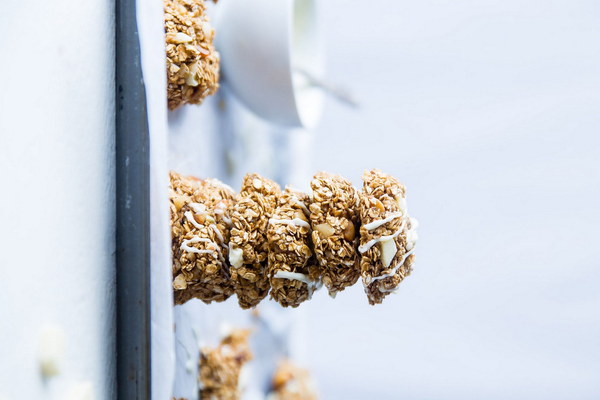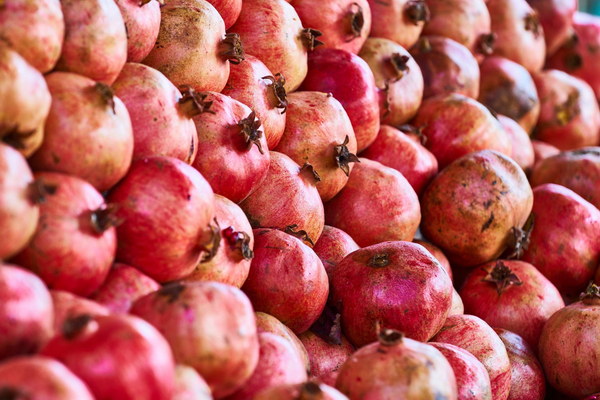Balancing Blood Pressure with Traditional Chinese Medicine A Holistic Approach to Wellness
Balancing Blood Pressure with Traditional Chinese Medicine: A Holistic Approach to Wellness
High blood pressure, or hypertension, is a common health concern that affects millions of people worldwide. While Western medicine offers various treatments, traditional Chinese medicine (TCM) provides a holistic approach to managing hypertension. TCM views the body as an interconnected system, emphasizing the balance of Yin and Yang, the flow of Qi, and the harmony of organs. Here’s a comprehensive guide on how TCM can help in the management and prevention of hypertension.
Understanding Hypertension in TCM
In TCM, hypertension is often associated with imbalances in the body, particularly within the Liver and Kidneys. The Liver governs emotions and the smooth flow of Qi, while the Kidneys are responsible for storing essence and governing the bones and reproductive functions. An imbalance in these organs can lead to hypertension.
Key Principles of TCM for Hypertension
1. Harmony of Yin and Yang: TCM believes that maintaining a balance between Yin (cool, slow, and passive) and Yang (hot, fast, and active) is crucial for good health. Hypertension can be a result of excess Yang or a deficiency of Yin, and treatment aims to restore this balance.
2. Flow of Qi: Qi, or life force, is believed to flow through meridians in the body. Obstructions in Qi flow can lead to hypertension. TCM uses acupuncture, massage, and herbal medicine to unblock Qi and promote circulation.
3. Balancing the Liver and Kidneys: As mentioned, the Liver and Kidneys play a significant role in hypertension. TCM treatments focus on nourishing the Kidneys, calming the Liver, and promoting their proper functioning.

TCM Treatments for Hypertension
1. Acupuncture: Acupuncture involves inserting fine needles into specific points on the body. These points are believed to correspond with meridians and organs. Studies have shown that acupuncture can lower blood pressure by reducing stress, improving circulation, and balancing the endocrine system.
2. Herbal Medicine: TCM utilizes a wide range of herbs to treat hypertension. Commonly used herbs include:
- Hawthorn Berry (Shan Zao): Known for its heart-protective properties, it helps lower blood pressure and improve heart function.
- Ganoderma (Ling Zhi): This mushroom is believed to nourish the Kidneys, enhance Qi, and lower blood pressure.
- Chinese Foxglove (Fang Feng): This herb helps to expel wind and relieve hypertension.
3. Diet and Lifestyle Adjustments: TCM emphasizes the importance of a healthy diet and lifestyle. This includes:
- Diet: A diet rich in fruits, vegetables, whole grains, and lean proteins, while low in salt, saturated fats, and processed foods.
- Exercise: Regular physical activity, such as walking, tai chi, or qigong, can help lower blood pressure and improve overall health.
- Stress Reduction: Techniques such as meditation, deep breathing exercises, and yoga can help manage stress and maintain blood pressure levels.
Conclusion
Traditional Chinese medicine offers a holistic approach to managing hypertension, focusing on the balance of Yin and Yang, the flow of Qi, and the harmony of organs. By incorporating acupuncture, herbal medicine, and lifestyle adjustments, TCM can help individuals achieve better blood pressure control and overall wellness. While TCM can complement Western medical treatments, it is essential to consult with a healthcare professional to develop a comprehensive treatment plan tailored to individual needs.









